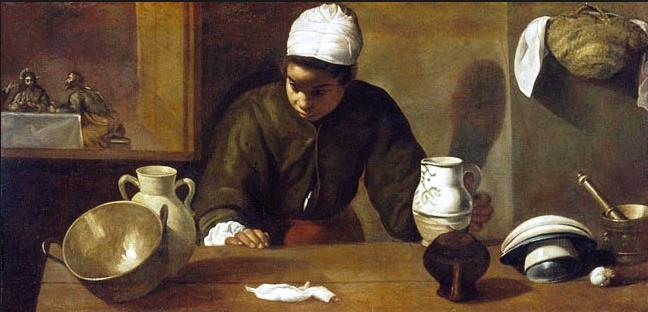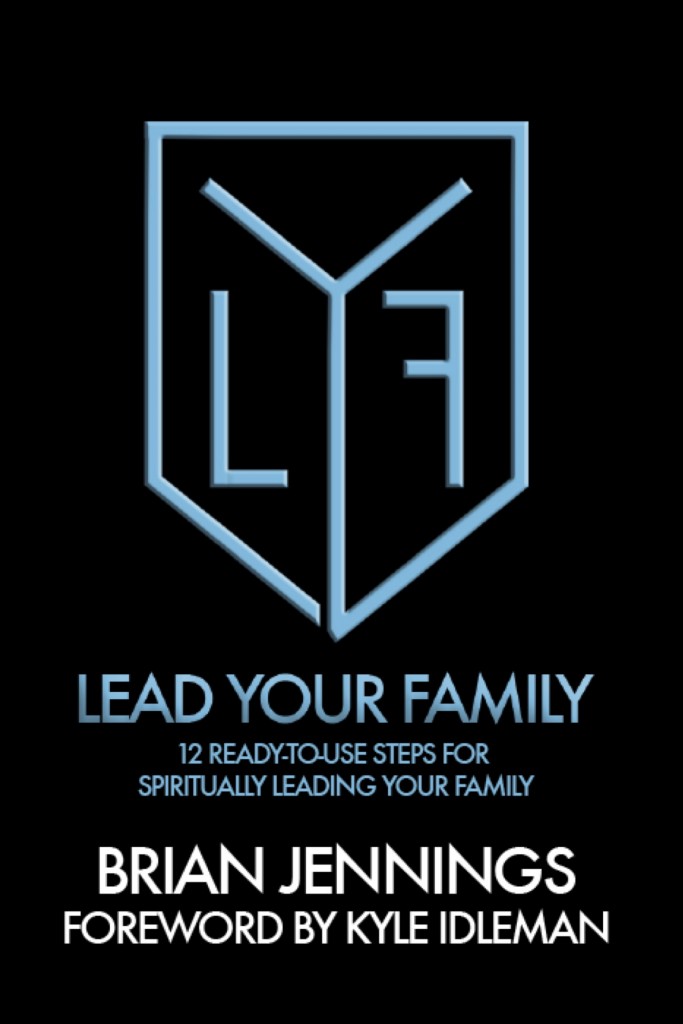She Is Sure: Hope for Christmas & Beyond
Written by Brian Jennings, Posted in Blog
“How close are we?”
“I’m not sure.”
“How long do we have before he’s born?”
“I’m not sure.”
“Why did God choose us?”
“I’m not sure.”
Joseph and Mary weren’t sure of a million things, but they were certain about one – God was with them. Immanuel. They trusted God in the midst of their questions, curiosity, and confusion. Their anticipation overcame their consternation.
Advent draws us into the faithfulness of God. His character does not change. His word is never broken. In Him we can be sure. He stays with us.
But…
It’s not so easy when we find ourselves between the promise and its fulfillment. This time in between might be a day or a decade. It’s Abraham building a sacrificial altar FOR Isaac, Esther hearing of the planned genocide of her people, the anointed David hiding in the mountains from Saul. “Lord, we believe your promise, but it’s going to take a miracle for you to keep it. What kind of a plan is this?”
The two disciples walking on the road to Emmaus occupied this space. They’d heard Jesus’ promises. They’d believed Jesus. But when their Rabbi died on a cross, uncertainty occupied their every thought.
As they talked and discussed these things with each other, Jesus himself came up and walked along with them; but they were kept from recognizing him. He asked them, “What are you discussing together as you walk along?” They stood still, their faces downcast (Luke 24:15-17.)
When asked to explain what was happening, their sorrow stopped them cold in their tracks. “They stood still.” Grief and shock can freeze us. Notice that Jesus doesn’t immediately correct them. He allows them to process, to express their grief and confusion.
If you want to draw people back into God’s promises, first let them express their pain.
David Smith, in his book Moving Towards Emmaus, writes: “We’ve often ignored the order I am suggesting here, wanting to reverse the sequence in this story by beginning at the end declaring the triumph of the resurrection without listening to the indications of pain, doubt and anger of those who have turned away from Jerusalem. The result is that the message declared by Christians is simply unbelievable for people whose emotional and spiritual experience renders them incapable of receiving such a message while their gaping wounds still require healing.”
Jesus talked with the two all the way to Emmaus. Little did these disciples know that the most memorable dinner of their lives was on the menu.
When he was at the table with them, he took bread, gave thanks, broke it and began to give it to them. Then their eyes were opened and they recognized him, and he disappeared from their sight (Luke 24:30-31).
As Jesus breaks the bread, their eyes are opened. He’d broken bread the same when he fed the 5000 and at the Last Supper. Communion opens our eyes.
Diego Velázquez was a Spanish painter, the leading artist in the court of King Philip IV. Contemplate his painting, “The Servant-Girl at Emmaus.” What do you notice?

Have you ever pretended to do doing something, but all you really are doing is eavesdropping? That’s what’s happening here. The items on the table are a mess. She’s distracted from her work. She’s listening. Nothing else matters.
On the wall is a basket, hung by a nail.
Denise Levertov’s poem explores the thoughts of the servant.
She listens, listens, holding
The Servant-Girl at Emmaus by Denise Levertov
her breath. Surely that voice
is his – the one
who had looked at her, once, across the crowd,
as no one ever had looked?
Had seer her? Had spoken as if to her?
Surely those hands were his,
taking the platter of bread from hers just now?
Hands he’d laid on the dying and made them well?
Surely that face-
The man they’d crucified for sedition and blasphemy.
The man whose body disappeared from its tomb.
The man it was rumored now some women had seen this morning, alive?
Those who had brought this stranger home to their table
don’t recognize yet with whom they sit.
But she in the kitchen, absently touching the wine jug she’s to take in,
a young Black servant intently listening.
swings round and sees
the light around him
and is sure.
She is sure!
Do you anticipate God’s faithfulness when you are between the promise and the fulfillment? Do you anticipate God’s faithfulness when you fear or confusion surfaces? Do you anticipate God’s faithfulness on Christmas, and Easter, and every other day of the year?
God’s promises are true and good. There’s hope for Christmas and beyond. You can be sure of that.




